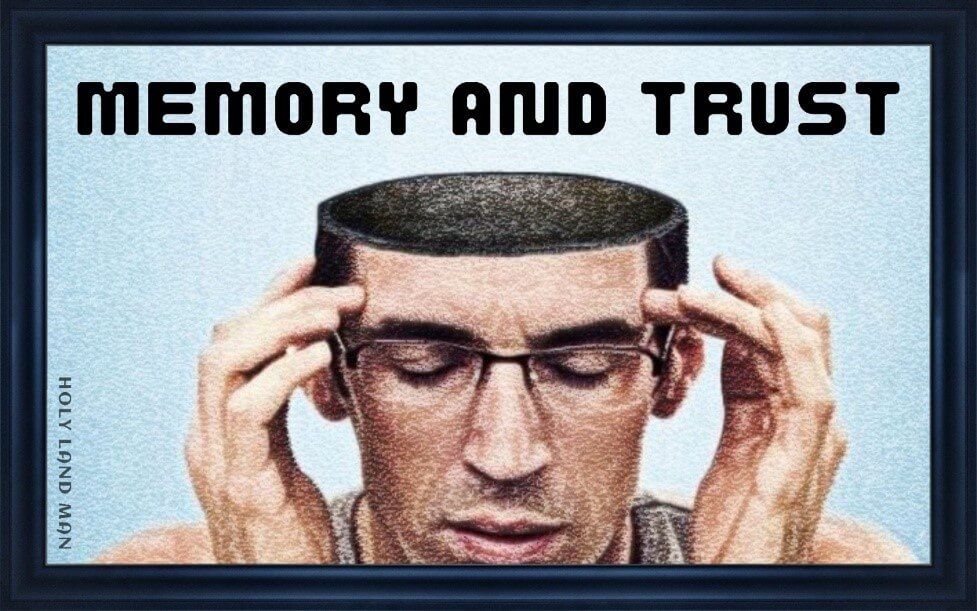As an example of truth verified by Biblical ancestors, here is a story I would like to share. Years ago, I went to Jerusalem and prayed in the Western Wall, and my wife prayed on the Holy grave of Yeshua. In those moments, we felt connected to our respective ancient traditions of our faith. These memories of our traditions are real to us, and it is not the case that my memories are fake or transplanted, unless proven otherwise.
In the same way, if I received certain information in the tradition from my Biblical ancestors, I assume by default that the information is true, and not that it is the case that my Biblical ancestors simply dreamed, imagined, lied and the like, unless proven otherwise to me. Furthermore, I assume that my Biblical ancestors would have debunked or refused to believe what they knew as untruths, and therefore would not have continued to convey the information had it not been believable to them during their time.
We argue that this approach is more rational, because if we analyze the concept of tradition, we will find that it contains two key components: the memory of an event and trust that it did occur. These elements are essential for any form of knowledge acquisition of a people, and in any case those who deny these memories drop the ground beneath any possibility of knowing anything about reality.








